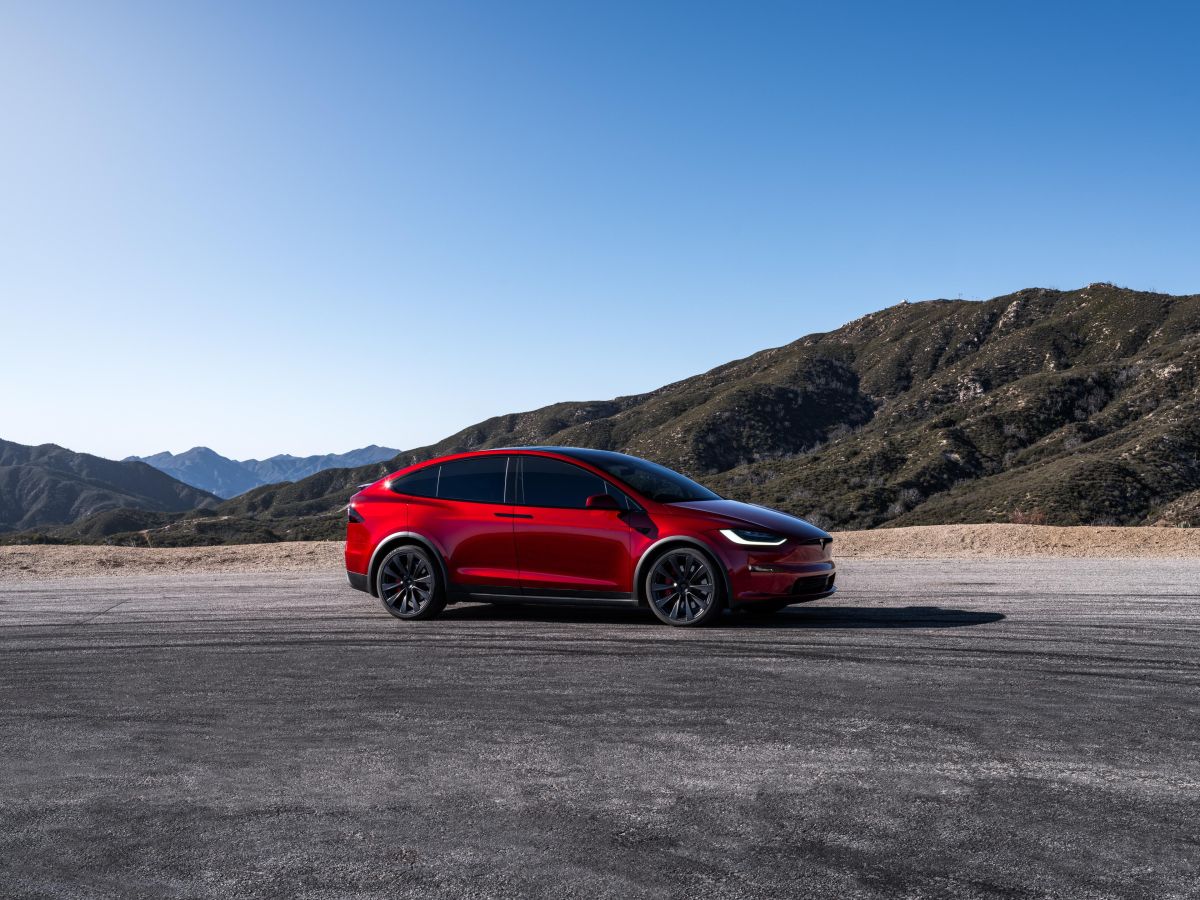Tesla settled a lawsuit April 8 over a deadly Autopilot-related crash, avoiding a trial set to begin the next day. Terms of the settlement were not disclosed in court documents.
The case, which has drawn widespread attention, involved the death of 38-year-old Apple engineer Walter Huang after his Tesla Model X veered off a Mountain View, CA, highway in March 2018.
The lawsuit, filed by Huang's family in 2019, claimed Tesla's Autopilot system was at fault for the accident. They argued the system failed to detect a highway barrier, leading to Huang's fatal crash. The lawsuit also claimed Tesla and its CEO Elon Musk had exaggerated Autopilot's capabilities, leading owners like Huang to believe the self-driving system “was safer than a human-operated vehicle."
Tesla contended Huang was misusing the Autopilot feature by not keeping his hands on the wheel. An investigation into the crash by the National Transportation Safety Board revealed Huang was playing a video game on his phone when his Tesla drove into the barrier at 71 mph. Documents from Tesla, submitted as part of the case, showed Huang's hands were on the steering wheel 34% of the time in the 19 minutes leading up to the collision, including the last six seconds.
However, in a court filing, Tesla said it agreed to settle to "end years of litigation."
The settlement comes about five months after Tesla and its Autopilot system were found not responsible for a 2019 crash in Los Angeles, CA, that resulted in the death of the driver, Micah Lee, after his Model 3 veered off a highway, struck a palm tree and burst into flames. Tesla argued the crash was the result of human error. That case did go to trial, and a jury found there was no manufacturing defect in the Autopilot system.














